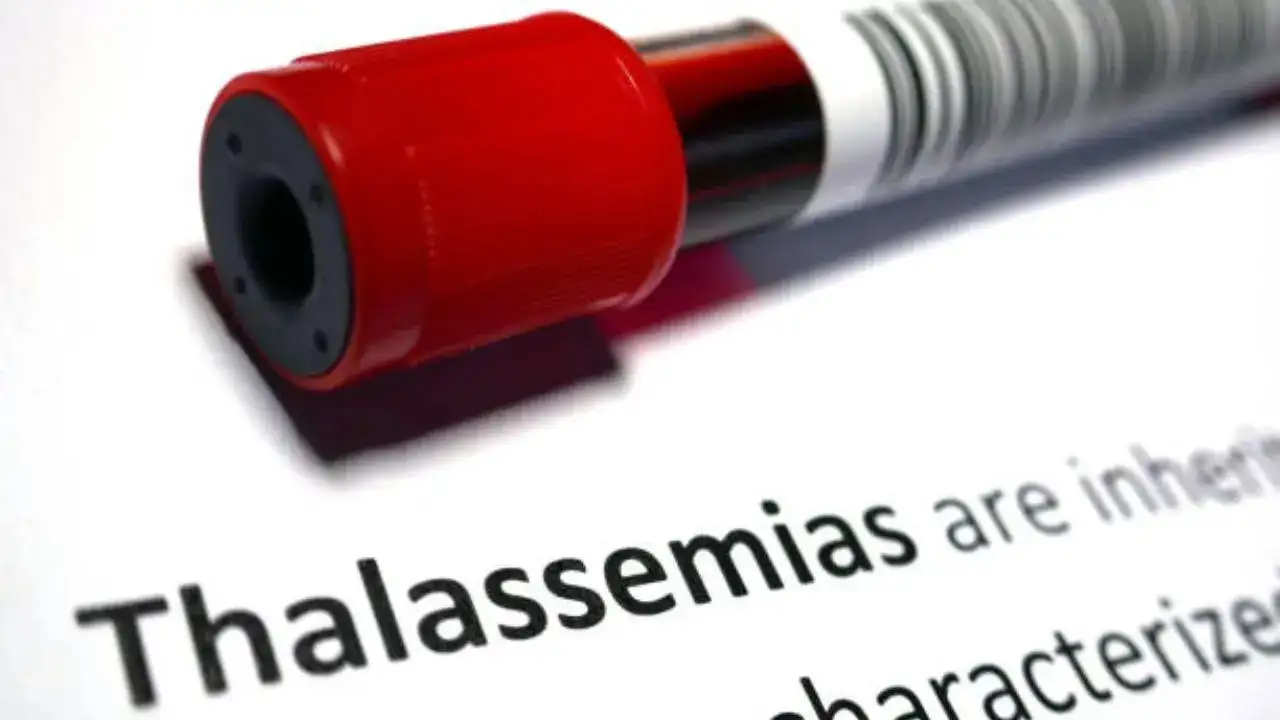
Thalassemia affects thousands of children across India every year and is among the most common genetic conditions, with an estimated 100,000 children living with it
Thalassemia is an inherited blood disorder that affects your body’s ability to produce hemoglobin and healthy red blood cells, making it extremely debilitating. According to experts, it leads you to experience anemia-like symptoms that range from mild to severe.
Thalassemia affects thousands of children across India every year and is among the most common genetic conditions, with an estimated 100,000 children living with beta thalassemia major. It is a severe form that requires lifelong blood transfusions and medical care. Around 10,000 to 12,000 babies are born with the disease annually in India.
However, many do not realise that thalassemia is both preventable and curable.
“The disorder is passed from parent to child when both parents are silent carriers of a faulty gene involved in red blood cell production. Carriers are typically healthy and may never know they carry the gene unless screened,” Dr. Rasmi Palassery, Consultant, Pediatric Oncology, Ramaiah Institute of Oncosciences, Ramaiah Memorial Hospital, told Times Now.
Dr. Palassery says it makes premarital or early antenatal screening critical. “When both partners are found to be carriers, genetic counselling can help them understand their options and prevent the birth of an affected child,” she added.
How can thalassemia be treated?
In terms of treatment, bone marrow transplantation, or BMT - also known as hematopoietic stem cell transplantation - is the only available curative option. This procedure replaces the patient’s defective bone marrow with healthy stem cells from a donor.
In recent years, even children without a fully matched sibling can receive haploidentical transplants (from a half-matched parent), with very good outcomes in experienced centers.
Apart from that, iron chelation involves the removal of excess iron from your body. A danger with blood transfusions is that they can cause iron overload. Too much iron may damage organs. If you receive frequent transfusions, you can receive iron chelation therapy, which can be taken as a pill.
Luspatercept injection is also given every three weeks and helps your body make more red blood cells. It is approved in the US for the treatment of transfusion-dependent beta thalassemia.
Signs and symptoms of thalassemia
Doctors say the symptoms depend totally on the type of thalassemia you have and how severe it is. Those who are asymptomatic will not have any symptoms other than fatigue. A few others include:
- Growth issues
- Delayed puberty
- Bone abnormalities like osteoporosis
- An enlarged spleen
- Poor appetite
-
Pale or yellowish skin - jaundice
-
Urine that is dark or tea coloured
- Irregular bone structure in your face
Get Latest News Live on Times Now along with Breaking News and Top Headlines from Health and around the world.
